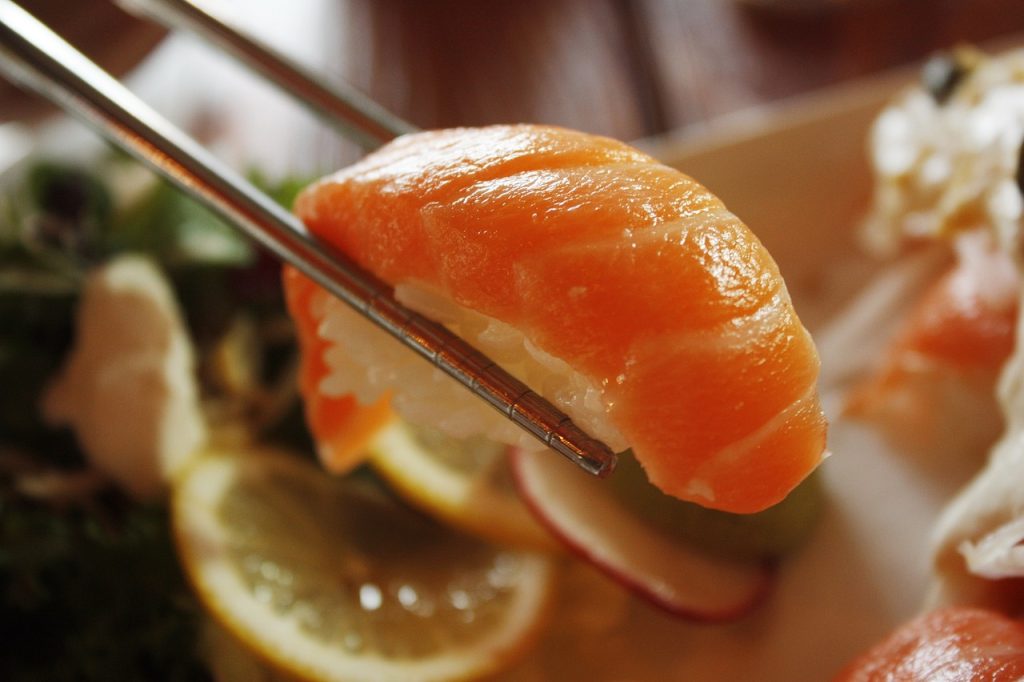Despite enduring tough conditions due to the ongoing pandemic, Japan’s dining-out market appeared to be on an uptrend in April, driven by eased mask regulations and anticipation of the COVID-19 situation transitioning to the fifth stage. A surge in demand during farewell and welcome parties, as well as spring vacations, further fueled this trend.
According to the data published by the Japanese Food Service Association JF, the overall sales in the dining-out market soared to 115.8% month-on-month and 107.0% compared to the same month in 2019. The rebound in inbound tourism also contributed to the uptick. However, management struggles persist due to increasing operational costs resulting from global developments, making it difficult to recoup solely through price adjustments.
The fast food sector recorded a total sales increase of 112.9%, reaching 121.5% against the 2019 figure. This performance was attributed to factors like price modifications, new product popularity, established take-out and delivery services, and the return of indoor dining. Western-style fast-food sales rose by 111.2%, Japanese style by 117.0%, and noodle dishes by 118.0%, bolstered by stable sales in commercial facility outlets. Sales for take-out rice and rotating sushi reached 109.2% thanks to media exposure and price revisions. The “others” category also saw an increase, with ice cream sales surging to 112.8% due to popular take-out menus and variety packs.
Family restaurants saw an overall sales increase of 118.0% year-on-year, and 96.0% compared to 2019. The commencement of spring vacations and Golden Week led to a continued recovery trend. Western-style sales hit 117.1% and Japanese style 118.9%. Chinese cuisine sales reached 116.6% due to the introduction of new dishes and various campaigns. Barbecue sales rose to 121.0%, supported by suburban locations’ continued appeal to families and low-cost student group farewell/welcome parties.
Pub and Izakaya-type restaurants witnessed a sales boom of 131.9% due to the return of small to medium-sized farewell/welcome parties and similar pre-pandemic customer traffic during earlier hours. However, there has been an ongoing decrease in the number of outlets, and demand during later hours and for after-parties remains weak, leading to sales of only 64.8% compared to 2019.
Dinner restaurants recorded sales of 122.4% month-on-month and 92.6% against 2019 due to the revival of inbound customers, a surge in local events, and increased domestic visitors.
The coffeehouse sector, although experiencing a slow recovery in business districts, saw sales rise to 124.3% due to resumed local events and traditional festivities that increased footfall.
Image by Jumi Kang from Pixabay
